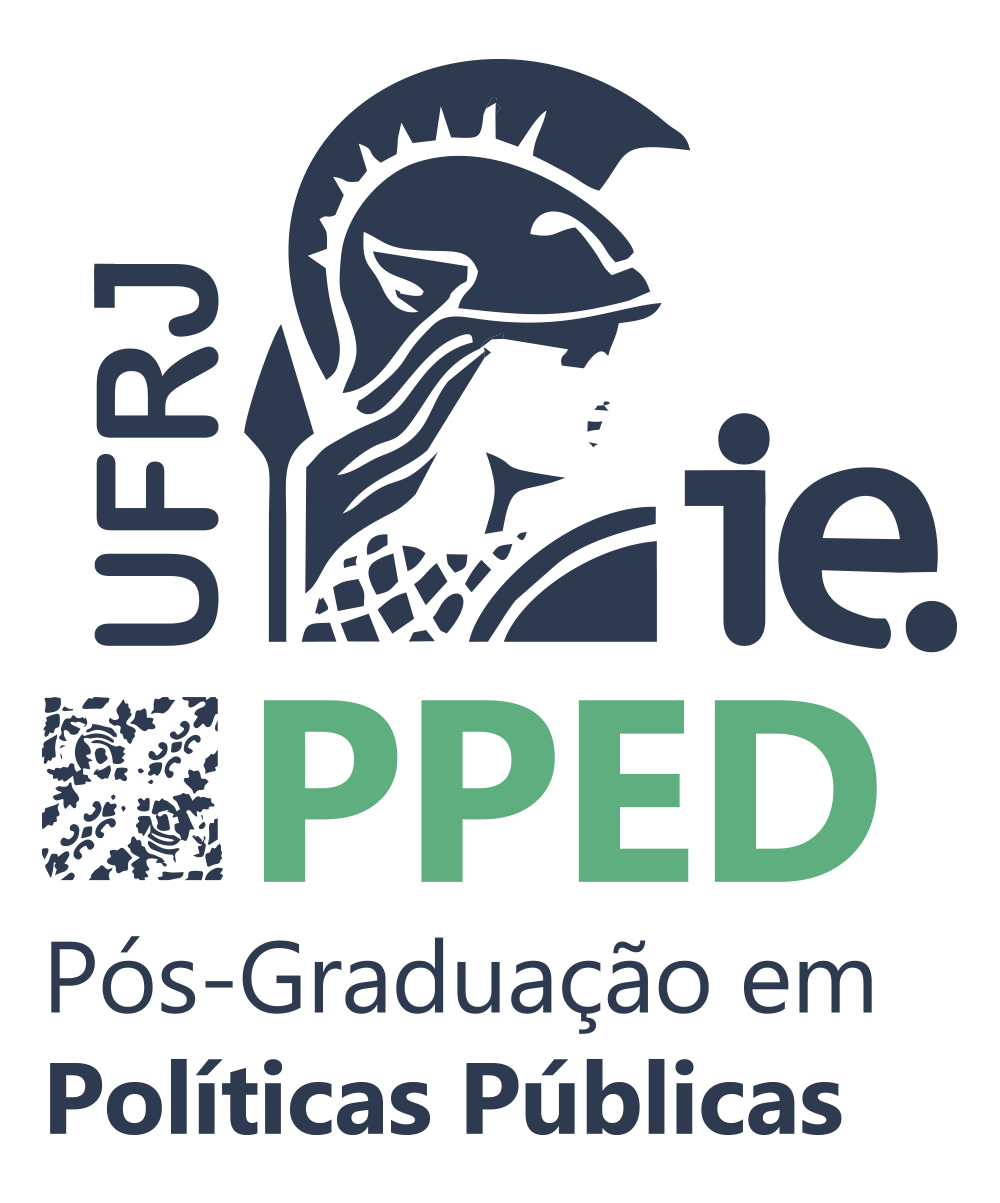
PPED graduates are masters and doctors with an interdisciplinary vision who work in different segments of society, mainly in the public sector. Among our graduates there are:
1. University professors —both those who were already part of public (state and federal) or private universities and decided to complement their training at PPED, as well as those who passed civil service exams or were hired by universities after earning a doctorate degree;
We recently conducted a survey on the prospects of PPED graduates with theses and dissertations defended in the last two years (2017-2018), and also a qualitative survey with graduates of previous years. They reported on their current activities and answered two questions: (1) What is the contribution of your work to public policies in your field? (2) What is PPED's contribution to your professional life?
There were a total of 80 answers (out of 218 theses and dissertations defended over the 10 years of the Program), most (47) of the last two years. Although the number of responses is small in relation to the total (about 37%), it is quite significant in terms of total defenses in 2017-2018 (almost 70%). Therefore, we believe that they are representative of the profile of PPED's graduate.
The table below systematizes the percentages of responses for each category:"Type of employment", "Type of organization" and "Type of activity", roughly following the categories in the "Future activity" tab of the form used to catalog program graduation projects in Sucupira Platform.
Activities of PPED graduate students, by type of employment, type of organization in which they work and type of activity - percentage (%) of responses for each option*
(Total = 80 respostas)
|
Type of employment |
Type of organization |
Type of activity |
|||||
|
Hired under the Brazilian Consolidation of Labor Laws (CLT) |
20,0 |
|
Public adm.** |
41,3 |
|
Teaching and research |
55,0 |
|
Civil servants |
50,0 |
|
Private company |
17,5 |
|
Research |
30,0 |
|
Retired |
3,8 |
|
Education and Research Institutions*** |
36,3 |
|
Corporate |
11,3 |
|
Associate |
11,3 |
|
Other |
8,8 |
|
Self-employed professional |
21,3 |
|
Research fellow |
15,0 |
|
|
|
|
Other |
10,0 |
SOURCE: investigación realizada por la Coordinación de PPED entre los alumnos egresados, entre noviembre/2018 y febrero/2019.
* For some answers more than one option was selected, so the total adds up to more than 100%.
**It includes work in any type of Public Administration entity, direct and indirect (ministries and state departments; autonomous agencies; regulatory agencies; state-owned companies), with the exception of public Education and Research Institutions.
*** It includes public and private higher education institutions.
Some important observations from the data in the table:
(i) Firstly, it is worth noting the expressive participation of graduates who hold positions in entities of the Direct Administration, in various types of autonomous agencies (INPI, INMETRO, BACEN), regulatory agencies (ANS, ANP) and state-owned companies (BNDES) –41%; as well as those who work in education and research institutions –36%.
(ii) A significant part of the graduates develop education and research activities (55%) or only research activities (30%), either in public (most) and private academic institutions (Education and Research Institutions), or in professional master's degree programs (such as those of INPI and INMETRO). Research-only activities are often answers by public managers or regulators who usually develop research activities to support public policy decisions (e.g. regulations that require analysis of regulatory impact).
(iii) The question about the type of employment may be misleading: although it indicates a significant percentage of civil servants (50%), the participation is even greater, as many state-owned companies (BNDES, for example) have an employment relationship under the Consolidation of Labor Laws (CLT).
(iv) Most graduates who work as self-employed professionals (about 20%) carry out their activities with non-governmental organizations, and seek PPED's training to support analysis and proposals for Public Policies from the point of view of organized civil society.
The combination of these data with the qualitative answers to the questions shown above allows us to assert that the Program has played an important role in the formation of qualified staff for the public sector, who apply to their professional practice the research results they developed in their academic work, in the most varied decisions on policy formulation, implementation and evaluation.
For detailed information on all graduates, their dissertations and theses, download our Graduates Catalog.
